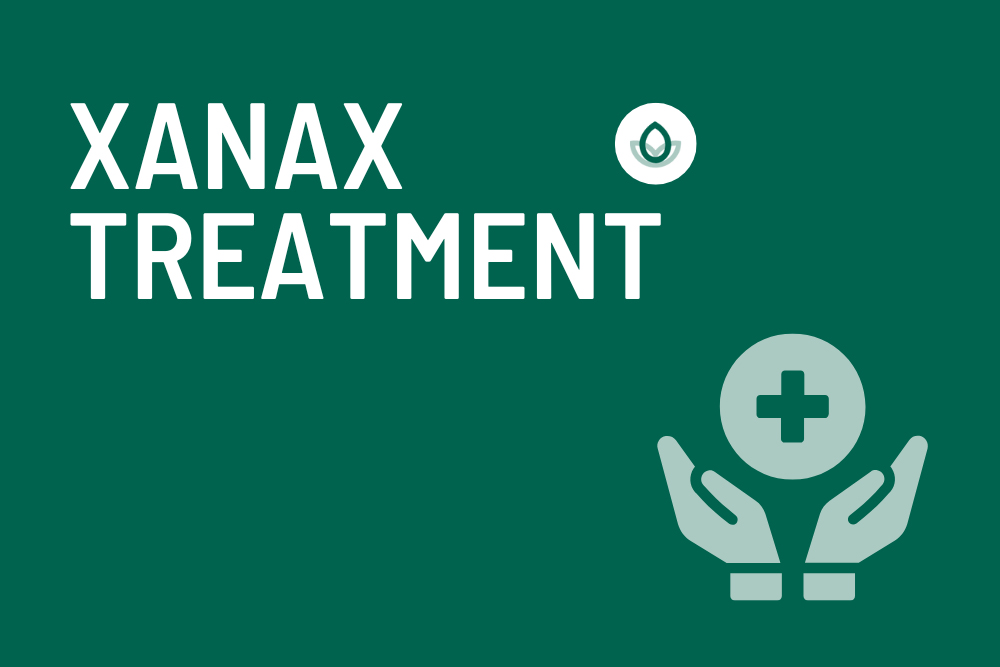Xanax use is as widespread as the conditions doctors prescribe it to treat – but even for people who are careful to follow the prescription instructions, this medication carries a high addiction risk and potentially severe health consequences.
Prescriptions for Xanax have risen steadily over the past several years, with a corresponding increase in accidental overdoses. Why do so many people develop a Xanax addiction, and how can you get help if you are overly reliant on this medication?
What Is Xanax, and Why Is It Addictive?
Xanax is in a category of drugs called benzodiazepines that have a calming effect. Your doctor may write you a prescription for Xanax – or its generic version, alprazolam – if you struggle with anxiety, nervousness, panic attacks, or insomnia. It causes fast-acting relaxation that can last up to six hours.
Xanax targets the dopamine receptors in your brain, which reduces your body’s overactive fight-or-flight response and creates a pleasant feeling of well-being. Some people become addicted to Xanax after misusing a prescription, experimenting with higher-than-prescribed doses to prolong the high. Though even people who take Xanax according to the dosage and directions on their prescription can become dependent on their medication, those who abuse it are at particularly high risk of becoming addicted.
Xanax stays in the body for up to 24 hours, which allows a tolerance to build rapidly. Once you are physically dependent on a benzodiazepine, it can be extremely challenging to quit, and can lead to dangerous withdrawal symptoms.
Risks of Xanax Addiction
Though Xanax is such a commonly prescribed drug, and you take it under a doctor’s orders, don’t make the mistake of assuming it is harmless. Benzodiazepines such as Xanax carry just as much of a risk of addiction as other powerful prescription medications, including opioids.
Benzodiazepine abuse can result in serious and long-lasting mental and physical health concerns, such as withdrawal, anxiety, insomnia, and interactions with other drugs. The latter side effect is of paramount concern – it’s possible to overdose on Xanax, especially when you combine it with substances like opioids.
How to Get Help for Xanax Addiction
While Xanax abuse can be harmful, you can safely quit using your medication with professional addiction treatment and continuing aftercare. In addition, a trained therapist can teach you techniques for managing your anxiety without turning to harmful and addictive substances.
Lakeside-Milam Recovery Centers offer people a safe, proven, affordable, and comfortable way to heal from addiction. Our highly qualified staff of medical professionals have years of experience treating substance use disorders, and have helped more than 100,000 people find their way to a successful recovery. Our medical director, clinical director, and nurse practitioner all have specialized training in addiction recovery strategies. They assist our nurses in medical supervision during withdrawal management and inpatient treatment.
If you’re ready to discover how rewarding life can be without a Xanax addiction holding you back, please reach out today to talk to someone who cares.






